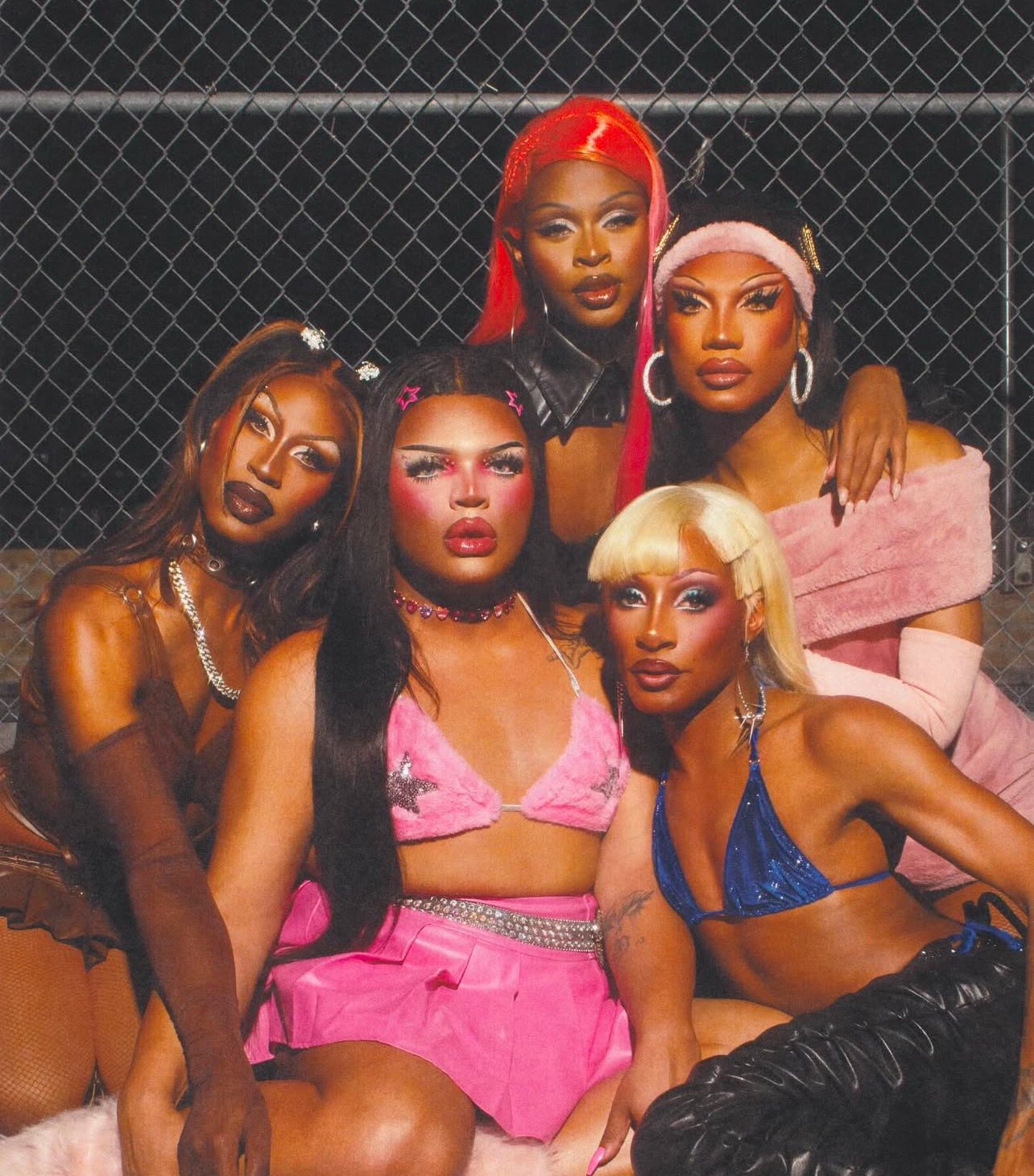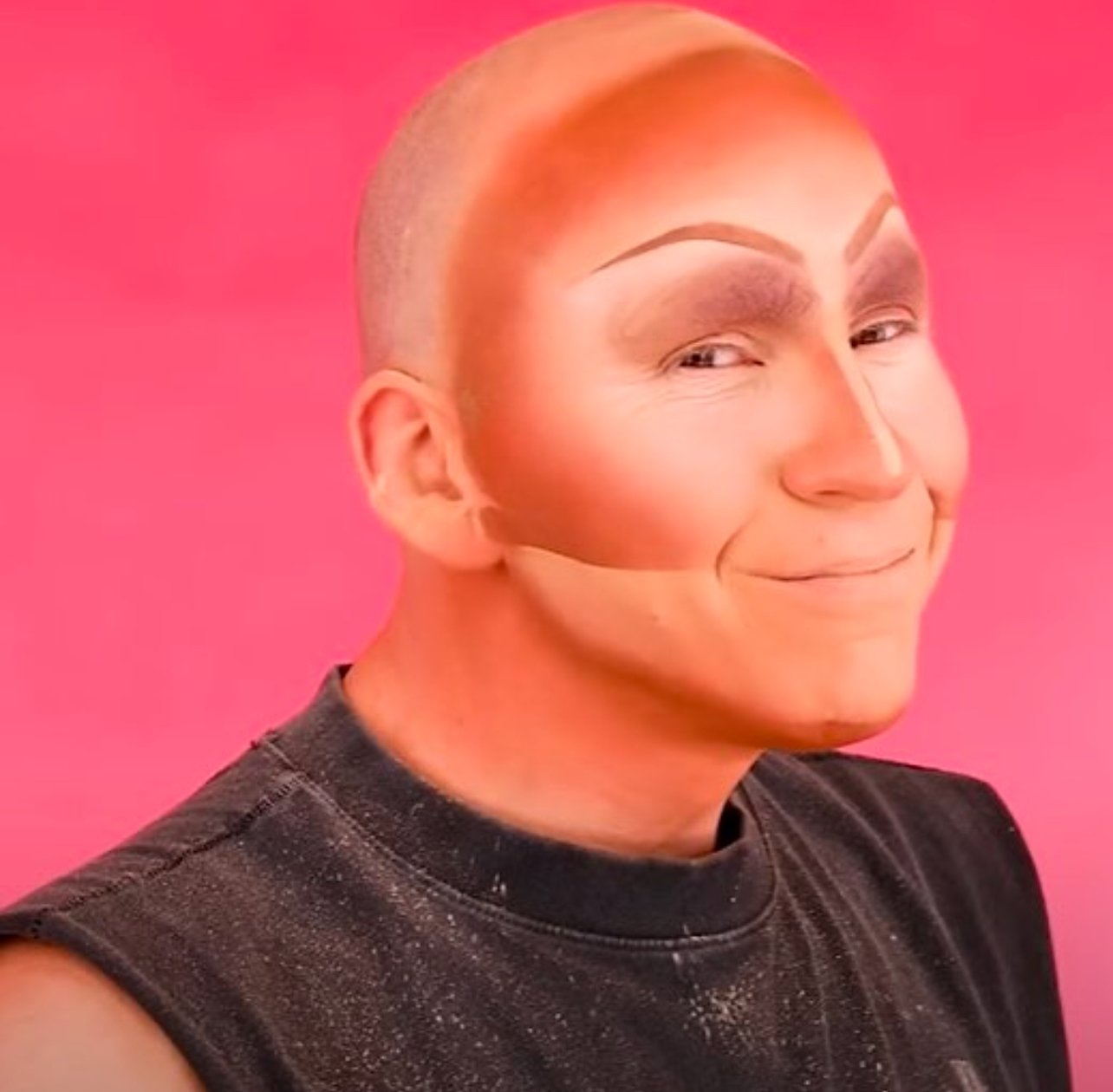Rupaul Drag Race: The Cultural Impact
Since its debut in 2009, RuPaul's Drag Race has evolved from a niche reality competition show into one of the most influential and beloved television series of the 21st century. Created by and starring the legendary drag queen RuPaul Charles, the show has revolutionized the way the world perceives drag culture, empowering LGBTQ+ communities, and introducing millions of viewers to the art of drag in an accessible, fun, and often life-changing way.
RuPaul's Drag Race is a reality competition where drag queens from all over the world compete in various challenges—ranging from fashion and acting to lip-syncing and improvisation. The contestants face off to win the coveted title of "America's Next Drag Superstar," along with a cash prize, a year of industry exposure, and the chance to cement their legacy in the drag world. Each episode features mini-challenges, a main challenge, and runway presentations, with queens being judged on their charisma, uniqueness, nerve, and talent.
The show's premise, combining elements of performance, fashion, and comedy, makes it a unique blend of reality TV and art. However, what truly sets it apart is the inclusive, celebratory spirit that RuPaul instills into every season. Whether it's through empowering catchphrases like "If you can't love yourself, how in the hell are you gonna love somebody else?" or moments that challenge societal norms, Drag Race has pushed the boundaries of what reality TV can do, especially when it comes to representation.
RuPaul Charles, already an established icon in the LGBTQ+ community, is the beating heart of the show. A performer, singer, and model, RuPaul's role as the host and head judge is not just about giving critiques; it’s about providing guidance, encouragement, and tough love. As the show’s creator, RuPaul has used Drag Race as a platform to showcase the diverse range of drag artistry, from campy and comedic to high fashion and avant-garde. His unique perspective has helped elevate drag from an underground subculture into mainstream recognition, fostering a new era of drag queens who have become pop culture icons.
RuPaul's personal journey—rising from humble beginnings to superstardom—parallels many contestants' experiences on the show. This sense of shared resilience, determination, and creativity is a core element that fans connect with. RuPaul’s wisdom and wit, often shared with contestants during the “untucked” moments, provide the emotional backbone of the series.
One of the reasons RuPaul’s Drag Race has captured hearts across the globe is the diversity of its contestants. Drag queens of all shapes, sizes, ethnicities, and backgrounds compete, showcasing a variety of styles and talents. From the glamorous to the quirky, each queen brings her unique flair, but what truly unites them is their unapologetic self-expression.
Over the years, the show has introduced the world to queens who have become household names. Bianca Del Rio, Sharon Needles, Jinkx Monsoon, Alaska Thunderf***, and Trixie Mattel are just a few of the breakout stars who have gone on to achieve worldwide fame. Many have built successful careers in music, acting, stand-up comedy, and beyond, with RuPaul’s Drag Race providing them with the platform to do so.
The show has also sparked critical conversations around issues of race, gender, and sexuality. While drag has historically been associated with gay men, Drag Race has showcased a broader spectrum of queens—cisgender women, trans women, non-binary individuals, and queens from various ethnic backgrounds—challenging preconceived notions and expanding the boundaries of drag artistry.
The cultural impact of RuPaul’s Drag Race cannot be overstated. It has sparked a global drag renaissance, with drag conventions, pride events, and drag brunches becoming staples of pop culture. Drag Race has also made its way into mainstream music, with queens such as RuPaul, Sasha Velour, and Todrick Hall making waves in the charts.
The show has even transcended television, becoming a force in fashion, with queens creating their own clothing lines, launching makeup brands, and working with designers. RuPaul’s influence has spilled into every corner of pop culture, from fashion magazines to talk shows, and it has brought drag into the mainstream in a way that was previously unthinkable.
The series has also helped raise awareness for various LGBTQ+ issues, often addressing topics such as homophobia, transphobia, mental health, body image, and queer representation. The show’s emphasis on inclusivity and embracing individuality resonates with audiences from all walks of life, making it not just a TV show, but a movement that celebrates self-love and acceptance.
The success of RuPaul’s Drag Race has led to multiple spinoffs, further expanding the franchise’s reach. From RuPaul's Drag Race All Stars, where fan-favorite queens return to compete for a second chance at the crown, to international adaptations like Drag Race UK, Drag Race Thailand, and Drag Race España, the show’s influence is felt globally. These international versions have introduced fresh talent and regional perspectives on drag culture, enriching the Drag Racelegacy.
The Drag Race franchise now extends beyond television, with live tours, documentaries, podcasts, and social media platforms dedicated to the queens and the show. The loyal fan base, known as "Drag Race fans" or "Drag Race Nation," has become a global community, with drag queens at the forefront of social media movements, activism, and entertainment.
As RuPaul’s Drag Race enters its 16th season and continues to expand globally, its cultural significance only grows. It has given a voice to the marginalized, challenged perceptions of beauty and gender, and brought drag into the mainstream in an unprecedented way. Through its blend of humor, heart, and high-stakes competition, RuPaul's Drag Race is not only a celebration of drag queens but also a celebration of individuality and self-expression in all its forms.
In many ways, the show has become an anthem for those who have been told to hide who they are. It has shown the world that drag is not just about performance; it’s about identity, empowerment, and unapologetically living your truth. As RuPaul famously says, "We’re all born naked, and the rest is drag." For fans and queens alike, RuPaul’s Drag Raceremains a joyous reminder of the beauty and power of self-expression.
Photo Usage Disclaimer
I do not claim ownership of the photos featured in this article unless explicitly noted. All images are either sourced from public domains, licensed platforms, or credited to their respective owners. Additionally, I do not receive any compensation for the use of these images. If you are the rightful owner of any image and have concerns about its use, please reach out, and I will address the issue promptly.
Photo Credits:
https://www.instagram.com/willowpillqueen/
https://www.instagram.com/thegigigoode/
https://www.instagram.com/sheacoulee/
https://www.instagram.com/the_planejane/
https://www.instagram.com/gottmik/







